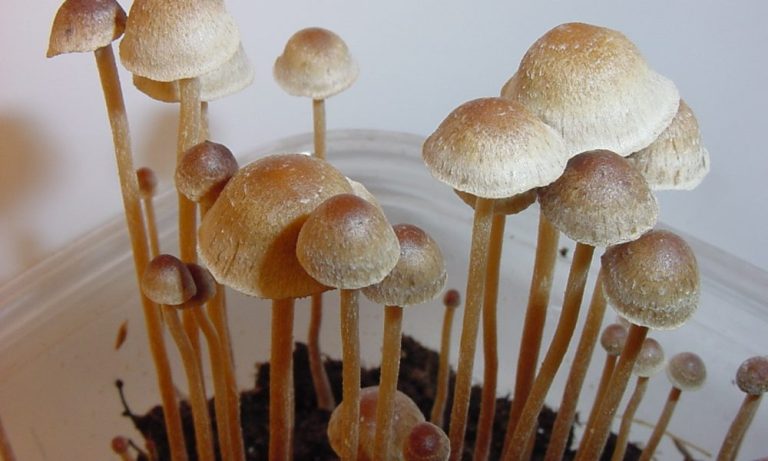A top federal health official says there is emerging evidence that psychedelics carry “significant potential” as therapeutic treatments for certain mental health conditions, and it’s a topic of “great interest” for researchers.
At a hearing before a Senate Appropriations subcommittee on Thursday, Sen. Brian Schatz (D-HI) asked National Institute on Drug Abuse (NIDA) Director Nora Volkow about the status of the agency’s research into psychedelics.
The NIDA head acknowledged that “psychedelic research effectively was halted for many years” amid cultural stigma and ramped up criminalization under the drug war, but noted that the situation has now changed.
“As the evidence is starting to emerge that shows significant potential in terms of therapeutics for certain conditions like severe depression or post-traumatic stress disorder, and also preliminary research showing benefits for the treatment of addiction,” she said, “we’re actually engaging the scientific community to try to understand how psychedelic drugs can be potentially utilized for the treatment—how they affect the brain, and also how to deploy them in ways that are going to be safe and very effective.”
“This is an area of great interest, and both [the National Institute of Mental Health] and NIDA are partnering in trying to expand and accelerate” the research, Volkow said.
Watch the NIDA director weigh in on psychedelics research, starting at 1:22:31 into the video below:
At the hearing, the official also responded to a question from Sen. Susan Collins (R-ME), who asked about “the relationship between marijuana use and psychiatric disorders.”
Volkow replied that the agency is “very concerned” about frequent use of high-THC cannabis products, saying that “we need to understand what may be consequences or not of the use of cannabis.”
When it comes to psychedelics, Schatz and Volkow have both expressed interest in expanding research as more states have started to pursue reform, with an eye toward discovering therapeutic uses for substances like psilocybin and MDMA.
Last year, Schatz and Sen. Cory Booker (D-NJ) pushed top federal officials to provide an update on research into the therapeutic potential of psychedelics, arguing that ongoing federal prohibition has stymied studies.
NIDA and NIMH responded to the inquiry by saying that federal prohibition makes it more difficult to study the benefits of psychedelics, requiring researchers to jump through additional regulatory hoops. Volkow previously said that she personally hesitates to study Schedule I drugs because of those complications.
The director told Marijuana Moment in 2021 that researchers need to prioritize psychedelics research, as more people are likely to use them as they’re exposed to studies showing the therapeutic potential of the substances.
Congress has started to take notice of psychedelics policy amid renewed research and reform efforts. In March, for example, bipartisan and bicameral congressional lawmakers filed an updated version of a bill to streamline the federal rescheduling of “breakthrough therapies” like psilocybin and MDMA in order to promote research and drug development.
Booker, along with Sen. Rand Paul (R-KY) and Rep. Nancy Mace (R-SC) also led a separate bill last year that was designed to clarify that federal “Right to Try” (RTT) laws give seriously ill patients access to Schedule I drugs, including marijuana and psychedelics like psilocybin and MDMA. It was not enacted by the end of the session, however.
The introduction of the bipartisan psychedelics bill this session roughly coincided with the re-launch of a congressional caucus focused on promoting research into the therapeutic potential of entheogenic substances.
At the state level, lawmakers across the U.S. have filed and advanced psychedelics legislation, largely focusing on promoting research.
Oregon officials have started issuing psilocybin licenses as the state prepared to open centers where people can receive the psychedelic treatment at regulated facilities.
Also, Colorado’s legislature has sent a bill to the governor that would enact regulations for psychedelics legalization following voter approval of a historic ballot initiative last year.
